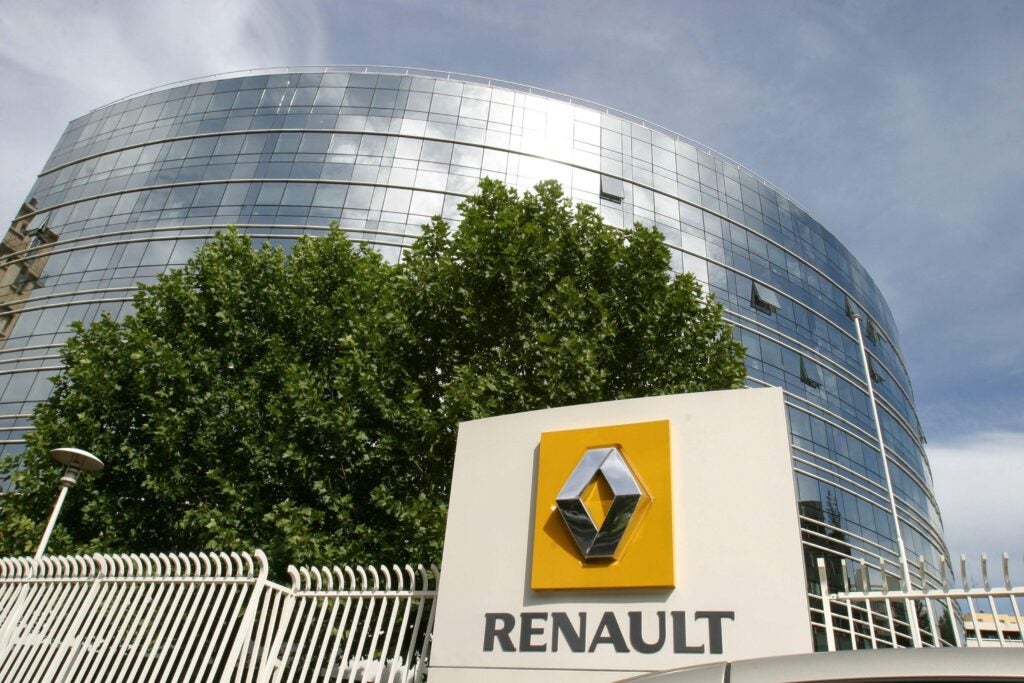
The UK new car market grew by 3.2% to reach a record 1,420,636 registrations from January to June of 2016, according to the Society of Motor Manufacturers and Traders (SMMT).
The SMMT indicated that after strong first quarter growth, demand began to slow in Q2, as the new car market stabilised.
Sales increased for all car categories, with alternatively fuelled vehicles (AFVs) seeing the largest increase in registrations. AFV sales grew significantly, 21.3%, over the January to June period, while diesel and petrol registrations experienced much slower growth, at 3.0% and 2.3% respectively.
With diesel car sales growing 3% in H1 year-on-year, it could be viewed that the so called ‘diesel-gate’ scandal of 2015's effect has passed. However Chris Bosworth, director of strategy at Close Brothers Motor Finance, warned the industry may not have seen the end of its effects. He said: “There are still issues in this area of the market that will continue to play out. For example, Volkswagen has paid a $15 billion settlement in the US but similar compensation in the EU is not forthcoming therefore it seems likely that this issue will drag on for some time.
“At a more local level, changes to the Congestion Charge that penalise diesel vehicles are looking increasingly likely in the medium term and this will certainly reduce the attractiveness of these vehicles in the London market.”
Despite the strong growth, the market for AFVs still represents a small portion of the overall new car market, at 3.2%. This market share has steadily increased, up from 2.8% in H1 2015, and 1.8% in H1 2014, however.
How well do you really know your competitors?
Access the most comprehensive Company Profiles on the market, powered by GlobalData. Save hours of research. Gain competitive edge.

Thank you!
Your download email will arrive shortly
Not ready to buy yet? Download a free sample
We are confident about the unique quality of our Company Profiles. However, we want you to make the most beneficial decision for your business, so we offer a free sample that you can download by submitting the below form
By GlobalDataPoppy Welch, head of Go Ultra Low, a campaign designed to encourage the use of low-emission vehicles, told Motor Finance that the rise in AFVs is set to continue.
“The electric car market in the UK is growing fast. Last year alone more than 28,000 new electric cars were registered, more than the previous five years combined,” Welch said.
“As well as the plug-in car grant, which provides up to £4,500 off the purchase of an electric vehicle, EVs also benefit from zero road tax. The Government also provides grants for installing home charge points,” Welch added.
The UK government aims for all newly sold cars to be zero emission by 2040, and incentives have been designed to boost demand for AFVs to fulfil this goal.
The fleet market has been the largest driver of AFV sales. “The fleet sector is leading early adoption of electric vehicles,” Welch continued.
“Businesses benefit from additional tax incentives, carbon offsetting potential, plus the green image that comes with plug-in motoring,” said Welch.
For the fleet and private markets, financial incentives as well as improved public charging infrastructure – now at 11,000 charge points – has made AFVs an increasingly viable option.
In terms of market segments, the fleet market experienced the greatest growth. From January to June, the volume of new cars increased by 4.7% in the fleet market compared with only 1.9% for the private market. In the business market, sales fell by 1.5%.
In a comparison between June 2015 and 2016, the difference in figures between the three segments is even more disparate. The fleet market increased new car registrations by 4.5%, while private fell by 4.5% and business by 25%.
Brands
Ford, Vauxhall, and Volkswagen have traditionally dominated the new car market, and have so far managed to capture approximately a third of it in 2016, with a joint market share of 33.64% in June, and 31.93% over the January to June period.
Despite this still significant share of the market, all three of the leading car brands experienced a decline, as their number of new registrations decreased. Ford, for example, sold 2,881 fewer cars in June 2016 than June 2015, and 5,958 fewer in H1 this year than the same period in 2015.
Year-to-date, Ford’s market share fell 3.6% compared to the same period in 2015, while Vauxhall’s fell 6.66%, and Volkswagen’s by 8.74% over the same period. The June figures showed more dramatic drops, with Ford’s share of the new car market falling 8.5%, and those of Vauxhall and Volkswagen decreasing 14.8% and 18.9% respectively.
BMW overtook Audi in January to June registrations, with 91,610 new cars sold representing a 6.45% market share. Audi also increased its share year-on-year, from 6.25% to 6.30%, however the rate of growth was smaller than BMWs.
Mercedes-Benz saw the greatest increase in new car registrations in H1, gaining 13,800 sales.
Analysis
The large overall increase in registrations during the January to June period was mostly in the first quarter of 2016, as demand stabilised in the second, with a 0.8% fall in registrations in June, according to the SMMT.
“UK car sales were down 0.8% in June as consumer demand fell by 4.5%,” said John Leech, head of automotive for KPMG in the UK.
“This is the third month that consumer demand has softened and there are many who feel that the top of the market has been reached following 2015’s all-time record sales.”
The new car market stabilised in the second quarter of 2016, though falls in private and business sales were mitigated by the continued rise of fleet sales, which represented 55.6% of market share in January to June 2016.
It has been suggested that uncertainty over the impact of the UK referendum vote to leave the European Union may contribute to a further softening in demand. As a result, sales forecasts have been altered.
“Falling consumer confidence since the EU referendum is likely to further reduce sales in the coming months,” Leech added.
“The decline in Sterling is widely forecast to persist for many months and therefore we can expect prices to rise and volume expectations to be tempered.”
“June’s car market results are in line with the majority of analysts’ forecasts, which have been revised following the referendum result,” said Sue Robinson, director of the National Franchised Dealers Association (NFDA).
Some figures in the industry have been calling for the British government to work to allay consumer fears, and prevent further falls in new car sales.
“With consumer confidence falling post-Brexit, we call upon the Treasury and the Bank of England to do all they can to stimulate consumer demand,” Robinson continued.
“We currently import over a million cars a year and associated parts from the EU. We urge our politicians to swiftly negotiate a trade deal with the Union in order to safeguard a prosperous future for the motor retail industry.”
However, others expressed caution, warning that the stabilisation was expected, and that it was too soon to reach specific conclusions.
“It is natural to see figures cooling after the incredible growth of recent years,” said Richard Jones, managing director of Black Horse.
“To some extent a slowdown in growth was inevitable,” said Close Brother’s Chris Bosworth.
“The majority of new registrations in June will have been ordered before the outcome of the EU membership referendum was known.”
“It is far too soon to determine whether the referendum result has had an impact on the new market,” said Mike Hawes, SMMT chief executive.
Voices were united in their call for the UK government to act to prevent a downward spiral in the market.
“It is important government takes every measure to restore business and economic confidence to avoid the market contracting in the coming months,” Hawes added.
Regardless, Bosworth warned OEMs to expect the slow down to continue in the second half of 2015, as a result of the referendum: “The uncertainty in the markets and the economy caused by the outcome of the vote is likely to stifle demand, at least in the short term, which is likely to exacerbate the negative trend in H2. Currently, it looks as if the predication of total registrations of 2.7 million in 2016 will be a stretch therefore most manufacturers will now be happy if they can match last year’s registration numbers.”
According to Hawes, the projected 4% fall in new car sales over the second half of 2016 may be good news for the used car market. “It may also be that these changes prove positive for the used car market where supply had been catching up with demand.”







